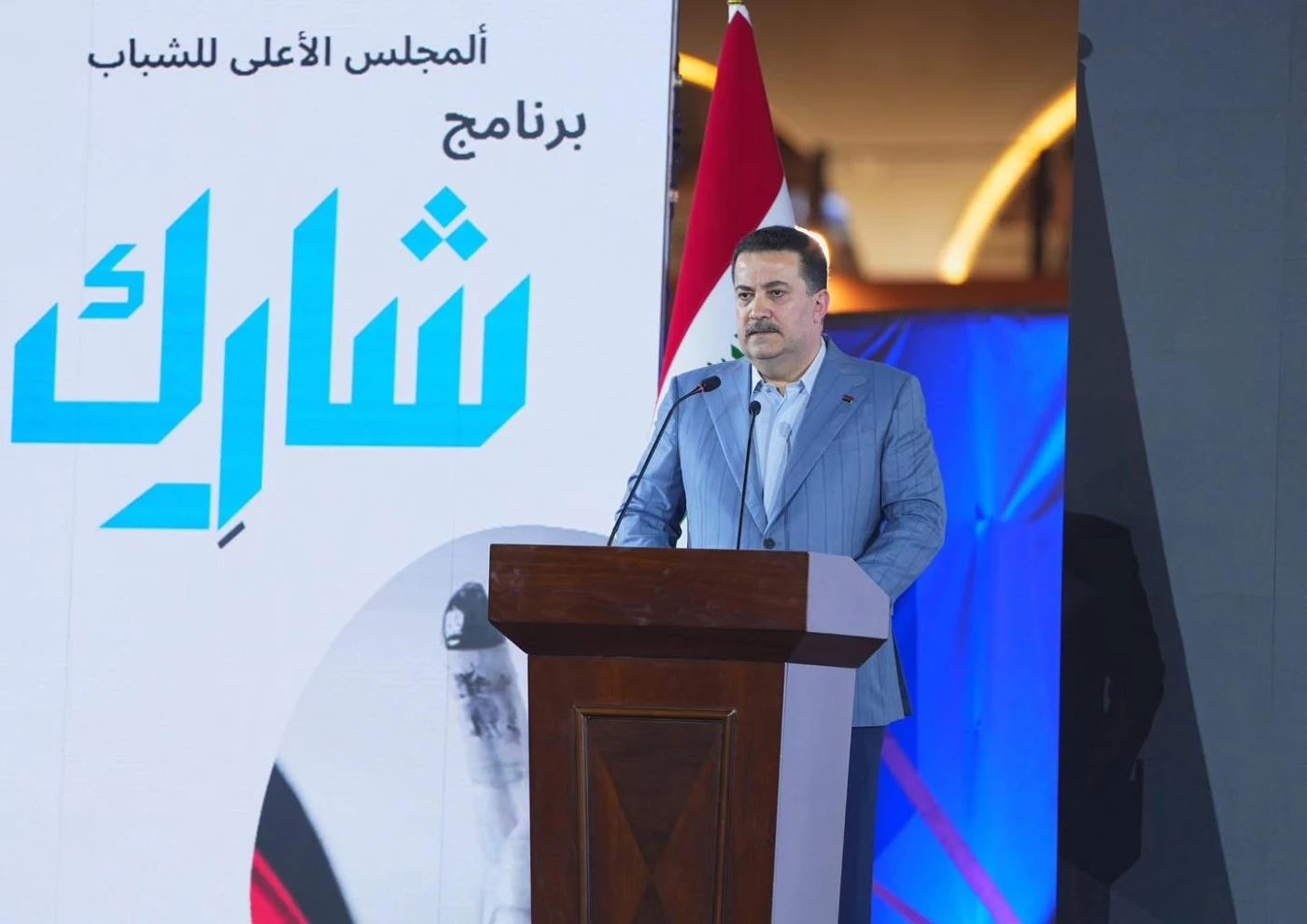ERBIL, Kurdistan Region of Iraq - Iraqi Prime Minister Mohammed Shia’ al-Sudani on Friday called on the public for broad participation in the upcoming elections, describing the process as “the key factor for the continuation of legitimacy.”
Iraq is set to hold parliamentary elections on November 11, with more than 29 million voters eligible to cast their ballots in the upcoming polls.
Attending the launch of “Participate” -an initiative aimed at encouraging the public to participate in the upcoming polls-, Sudani updated his voter registration ID, emphasizing the importance of the elections for the country’s stability and the democratic process.
“This event will determine the country's present and future, because elections… represent the artery of the state body towards a just system in which there is equality, in which rights are preserved and guaranteed,” said Sudani.
The Iraqi premier stressed the importance of the participation of Iraqi youth, who make up around 19 million of all eligible voters, in the elections, saying their participation would “change the equation and ensure the continued momentum of progress and development.”
Sudani also called out those who have stated their intention to boycott the upcoming elections, saying that they “have begun to accept the political process, and their rhetoric has changed.”
Influential Shiite cleric and leader of the National Shiite Movement Muqtada al-Sadr is one of the main players in the Iraqi political scene who has announced that he will be sitting out the November polls. Despite calling on his supporters not to participate, Sadr recently urged them to update their voter registration IDs regardless of whether or not they are planning to boycott.
“We will not listen to the noise that hinders our work, as our work is in the field… No one will outbid us on our principled positions, and our foundation is the preservation of our country and our youth,” Sudani added.
Sadr announced his “definitive” retirement from politics in August 2022 after his attempts to form a national majority government was repeatedly block by the Coordination Framework.
Sadr’s withdrawal from the political process allowed the Coordination Framework to form the government within months and chose Sudani as the new prime minister.



 Facebook
Facebook
 LinkedIn
LinkedIn
 Telegram
Telegram
 X
X


